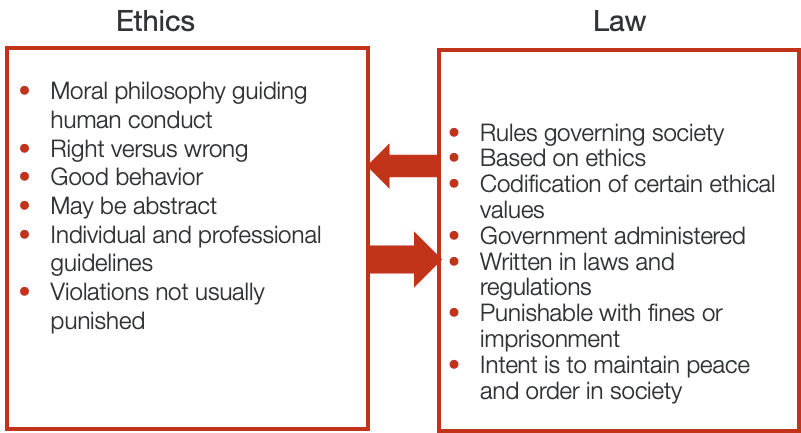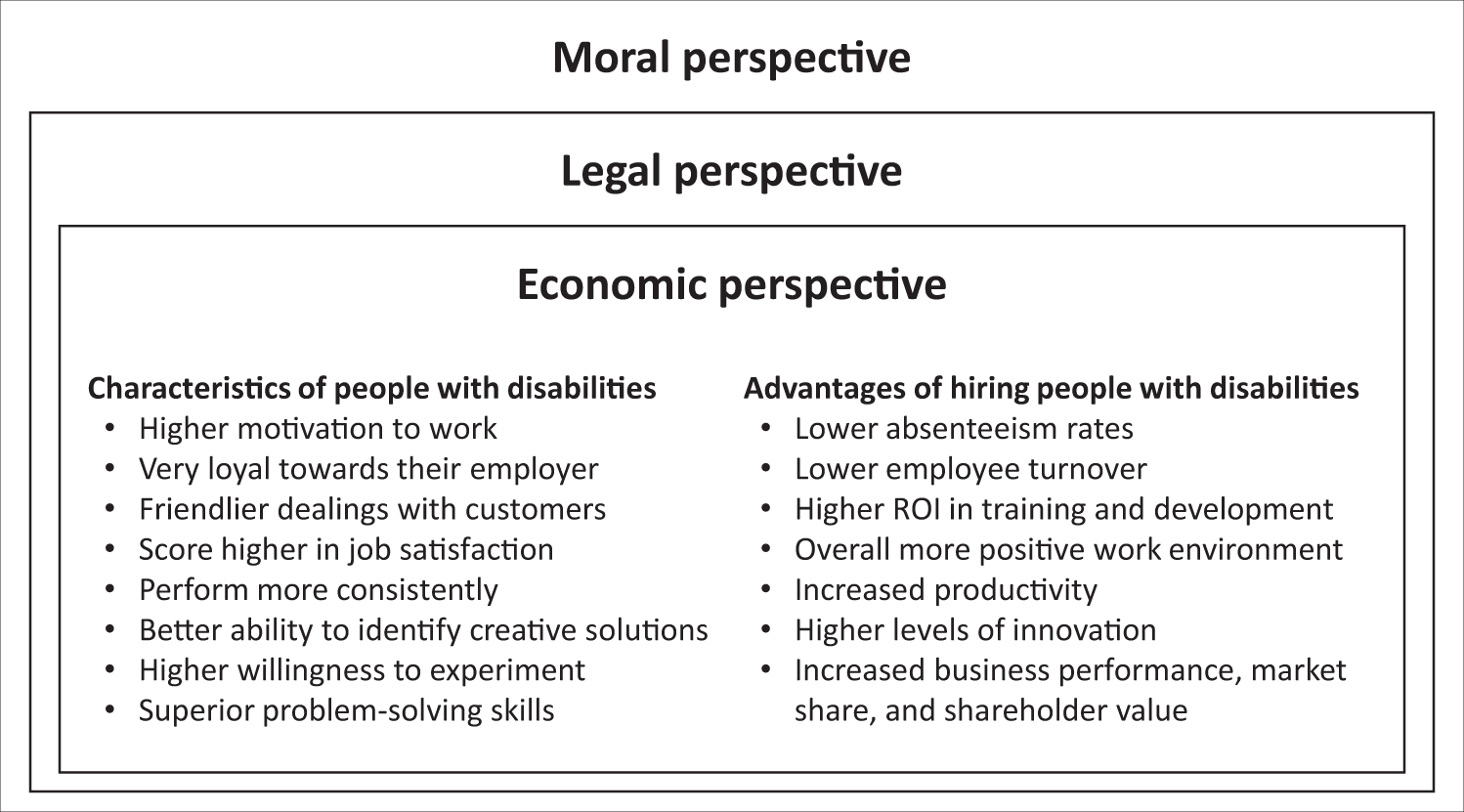Blog 6
By: Savia Saffo
Ethical and Legal Concerns_________
The Americans with Disabilities Act (ADA) of 1990 safeguards the rights and accommodations for people with disabilities in modern society. This law guarantees equal chances for people with disabilities in the workplace, in public spaces, in transportation, and in telecommunications, among other areas of life. Though the ADA offers a legislative framework to guarantee equal access, how people with disabilities are assisted and treated also heavily depends on ethical issues.
Legal and Moral Issues
According to the ADA, reasonable accommodations must be made for people with disabilities so they can fully participate in all facets of life. These accommodations could be changes to policies and processes, adaptations to job requirements, or modifications to work surroundings. Organizations are legally required to follow these guidelines in order to prevent handicap discrimination. Encouraging people with impairments goes beyond following the letter of the law in terms of ethics. It entails appreciating and honoring each person's intrinsic worth and dignity, regardless of their skill level. The significance of encouraging diversity, accessibility, and inclusivity in all contexts is emphasized by ethical considerations.

Is Compliance with the Letter of the Law Enough?
Ensuring legal compliance and safeguarding the rights of individuals with disabilities necessitates adhering to the letter of the law as specified by the Americans with Disabilities Act. It offers a starting point for defining minimal requirements for nondiscrimination and accessibility. Nevertheless, it might not always be enough to merely follow the law in order to foster an environment that is welcoming and helpful to people with disabilities.
Explain and Provide Examples of the Law's Spirit.
The ADA places a strong emphasis on the equality, accessibility, and dignity of people with disabilities. Embracing the spirit of the law goes beyond just legal compliance and entails actively looking for methods to improve accessibility and meet a range of requirements (ADA, 2018). Organizations can go above and beyond the bare minimum required by law, for instance, by putting universal design principles into practice. These principles seek to make products and surroundings as widely useful as possible for all individuals, without requiring special design or adaption.
Possible Problems and Their Effect on the Individual
People with disabilities may suffer significant consequences if the ethical and legal aspects of disability accommodations are not sufficiently addressed (Krahn et al., 2015). It could lead to a lower quality of life, restricted access to resources, and exclusion from opportunities. When demands are not satisfied or properly accommodated, people may feel frustrated, alone, and less confident in themselves.
Effects on Society, Environment, and Family/Friends
Beyond the person, the effect is felt by their friends, family, and the larger community. Protesting for the rights and accommodations of their loved ones with disabilities can cause families and friends to go through emotional and financial strain (APA, 2020). Not only do inaccessible settings and discriminatory acts directly harm people, but they also sustain social injustices and impede the advancement of inclusivity and diversity as a group.
Additional Piece: I suggest viewing this TED Talk by disability rights activist Judith Heumann, who highlights the significance of inclusive education and accessibility, to learn more about the subject of disability accommodations and ethical considerations:
https://www.ted.com/talks/judith_heumann_our_fight_for_disability_rights_and_why_we_re_not_done_yet?language=en
Conclusion
As a result, even while the Americans with Disabilities Act (ADA) offers crucial legal protections, ethical issues are just as important in guaranteeing that people with disabilities get fair, respectful, and meaningful treatment. While following the wording of the law is important, it is also important to make an attempt to uphold the values of accessibility and inclusivity. Society may foster circumstances that enable people with disabilities to flourish and fully participate in society by placing equal emphasis on legal compliance and ethical standards.
References
U.S. Department of Justice. (2018). ADA: Information and technical assistance. Retrieved from ADA: Information and Technical Assistance
Krahn, G. L., Walker, D. K., & Correa-De-Araujo, R. (2015). Persons with disabilities as an unrecognized health disparity population. American journal of public health, 105 Suppl 2(Suppl 2), S198–S206. https://doi.org/10.2105/AJPH.2014.302182 




Comments
Post a Comment